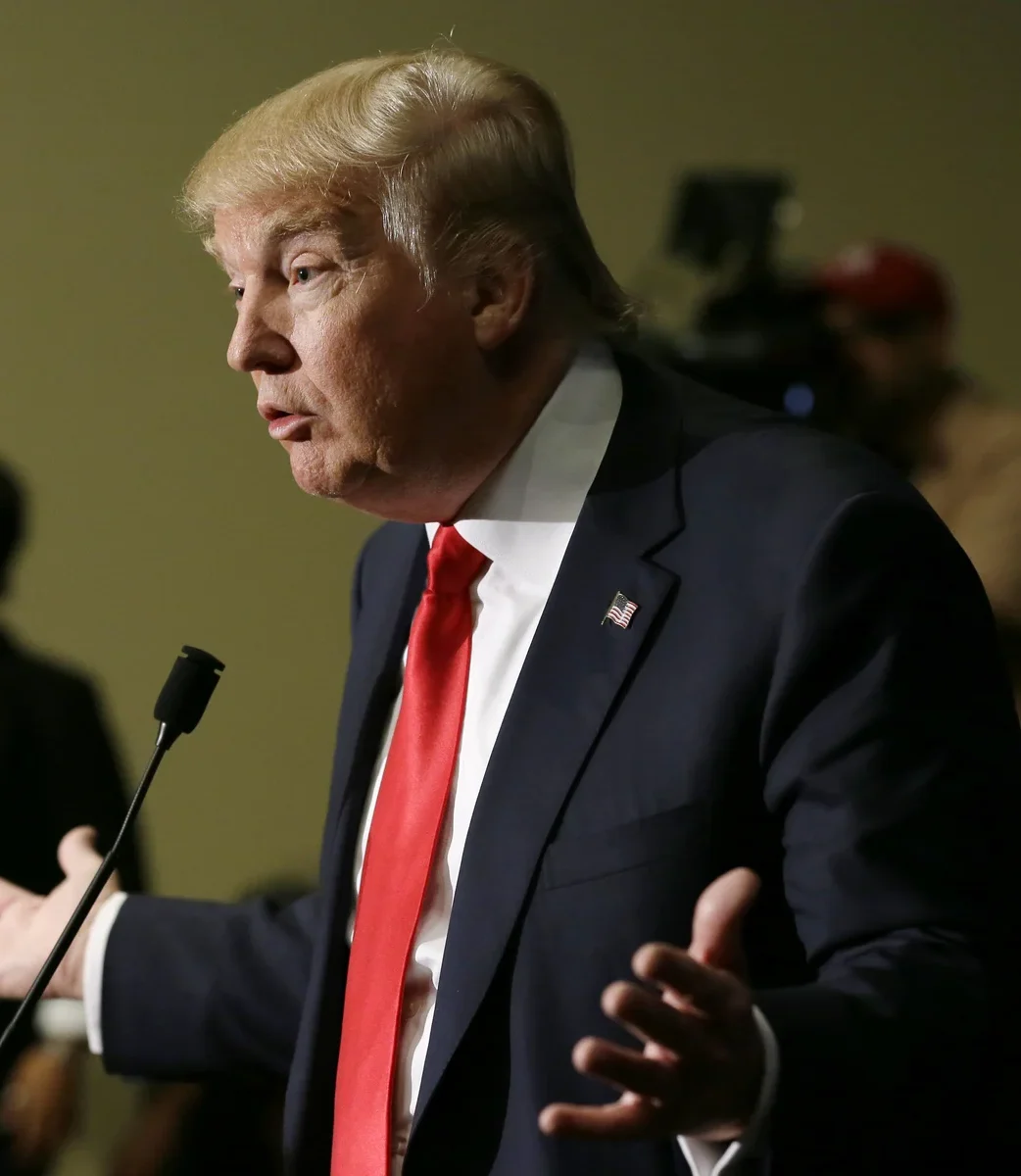At the 2025 World Government Summit in Dubai, Kuwaiti Prime Minister Sheikh Ahmad Abdullah Al-Ahmad Al-Sabah expressed deep concerns over recent decisions by U.S. President Donald Trump, stating that they primarily serve his personal interests and have significant repercussions for the global economy.
The summit, themed “Shaping Future Governments,” commenced on February 11 and gathered 30 heads of state and government, 140 governmental delegations, 400 ministers, and 6,000 participants. Discussions encompassed global economic trends, the risks associated with artificial intelligence, and its worldwide impact.
Sheikh Ahmad emphasized the necessity of monitoring President Trump’s actions, noting, “We must be mindful of this point because he makes decisions that serve his own interests. When we look at the global economy, there must be a response, and this response has already begun, as it will affect global economies.”
Since resuming office on January 20, President Trump has enacted several controversial economic and political measures. Notably, he increased tariffs on steel and aluminum imports to a flat 25%, aiming to bolster struggling American industries. This move, however, risks triggering a global trade war.
Additionally, President Trump announced plans to impose reciprocal tariffs on countries that levy duties on U.S. goods and is considering tariffs on cars, semiconductors, and pharmaceuticals. These actions have raised concerns among global leaders about potential disruptions in international trade and economic stability.
In the Middle East, President Trump’s proposal to seize Gaza and relocate Palestinians to neighboring Arab countries has been met with widespread criticism. French President Emmanuel Macron has demanded respect for Palestinians, pushing back against the plan. North Korea has also rejected the proposal, highlighting its contentious nature on the global stage.
Experts warn that such policies could disrupt national budgets and emphasize the need for Gulf countries to hedge against unexpected crises, given the potential negative effects on their financial stability. Oil refining and marketing expert Abdul Hamid Al-Awadhi stressed that Trump’s statements on oil prices and taxation could significantly impact the global economy. He noted that the U.S. remains a dominant force in the energy sector, producing about 13 million barrels per day and operating 132 refineries. Even a minor increase in gasoline prices sparks public discontent in the U.S., highlighting the sensitivity of oil-related policies.
Al-Awadhi further noted that Trump’s push for increased U.S. oil production—both on land and offshore—is feasible, as he seeks to restore America’s dominance in oil and technology. He warned against underestimating Trump’s stance, given that oil drives 60% of the global economy. Al-Awadhi linked Trump’s statements to his strategic outreach to Saudi Arabia. While the Kingdom exports 11 million barrels daily, it has a production capacity of 13 million barrels. Trump may be leveraging lower oil prices to secure expanded Saudi investments in the U.S.
Former Chevron consultant Dr. Ali Al-Hababi argued that Trump’s demand for lower oil prices would necessitate significantly increased oil output. However, OPEC is unlikely to accommodate such requests, as it struggles to enforce production limits among member states. Moreover, oil extraction costs have risen in recent years, making it difficult for OPEC+ countries to accept price reductions without harming their national budgets.
Oil expert Kamel Al-Harami warned that Trump’s insistence on lowering oil prices could backfire, ultimately harming the American economy. The U.S. produces about 13.5 million barrels per day, and lower prices could reduce domestic revenues while placing financial strain on American citizens. Al-Harami suggested that a more effective approach to lowering oil prices would be diplomatic, such as resolving the Russia-Ukraine conflict. If successful, this could drive prices below $70 per barrel. He also stressed the importance of diversifying Gulf economies to reduce dependence on oil price fluctuations.
Professor of Economics and Oil Expert Dr. Abdullah Al-Enezi expressed concern over Kuwait’s continued reliance on oil revenue, despite its vulnerability to political and market shifts. He highlighted the country’s financial deficits:
- 2023-2024: Oil revenues of 21.528 billion dinars, deficit of 1.6 billion dinars.
- 2024-2025: Oil revenues dropped to 16.234 billion dinars, deficit widened to 5.6 billion dinars.
- 2025-2026 (Projected): Oil revenues estimated at 15.3 billion dinars, deficit expected to reach 6.3 billion dinars.
Dr. Al-Enezi urged Kuwait to prepare for future economic challenges by diversifying revenue sources and reducing its overreliance on oil. He emphasized that financial stability depends on broadening income streams, particularly in light of unpredictable global energy policies, such as Trump’s push for lower oil prices or potential restrictions on oil exports.
As the world watches President Trump’s evolving policies, leaders and experts alike stress the importance of proactive measures to mitigate potential negative impacts on the global economy. The call for diversified economic strategies and cautious monitoring of U.S. policy decisions resonates across nations, highlighting the interconnectedness of today’s global economic landscape
Do follow gulf magazine on Instagram
for more information click here
From Waste to Oasis: How Oman is Pioneering Green Water Treatment



